Property and Freedom Podcast, Episode 292.
Karl-Peter Schwarz (Austria), Between Restitution and Re-Expropriation: Desocialization in Eastern Europe.
This lecture is from the 2012 meeting of the Property and Freedom Society. PFS 2012 Playlist.
Transcript and Grok shownotes/summary below.
It was not included previously in the podcast since the video had been lost and I had assumed the audio had also been lost. However, I recently discovered the audio files for two of the speeches as well as Professor Hoppe’s Introductory and Concluding remarks had been preserved, namely those listed below. They are podcast here for the first time.
- Hans-Hermann Hoppe (Germany/Turkey), Welcome and Introductions
- Karl-Peter Schwarz (Austria), Between Restitution and Re-Expropriation: Desocialization in Eastern Europe
- Benjamin Marks (Australia), On H.L. Mencken as a Libertarian Model
- Hans-Hermann Hoppe, Concluding Remarks, Tributes, and Announcements
Grok: Detailed Segment-by-Segment Summary for Show Notes
-
Description: The speaker expresses honor and unease at speaking at the Property and Freedom Society, likening it to a “temple of knowledge.” They reference Roman customs of covering heads in temples, except for Kronos, symbolizing time’s revelation of truth. The talk’s theme is introduced: historical crimes of expropriation and their redress. The speaker, a journalist in post-communist countries since 1990, initially believed nationalization was communism’s hallmark but learned it was one of three governmental theft methods: inflation, taxation, and mass expropriation. The latter, often violent, occurred during revolutions or wars, not exclusively under communism.
-
Summary: This opening sets a philosophical tone, framing expropriation as a timeless issue revealed by history. It broadens the scope beyond communism, preparing the audience for a critical examination of 20th-century property theft.
-
Description: The speaker details 20th-century expropriations, starting with the Balkan Wars (1912–1913) and treaties like Neuilly and Lausanne, which displaced 3 million people. Post-World War I, 4–5 million lost property in new Wilsonian states. World War II and its aftermath saw 12 million Germans and others displaced, with 2 million deaths. In Czechoslovakia, President Beneš’s decrees expelled 3 million Germans, nationalizing 80% of the economy by 1948. The speaker emphasizes that democrats, not just communists, drove these policies, with confiscated lands redistributed or collectivized.
-
Summary: This segment provides a historical overview, illustrating the scale and bipartisan nature of expropriations. It underscores the violent, systemic nature of property theft across regimes, setting up the restitution discussion.
-
Description: The speaker critiques post-communist restitution laws, particularly in Czechoslovakia, where the February 25, 1948, coup date arbitrarily limited claims. Quoting Rothbard’s Ethics of Liberty, they argue that privatization often enriched former communists, not original owners. The European Union ignored these injustices, and international law, like the Hull Formula, was disregarded. The Council of Europe’s 1996 resolution warned of oligarchic risks, advocating full restitution, but post-communist states favored privatization, perpetuating corruption. The speaker highlights ongoing communist influence, now as oligarchs controlling state institutions.
-
Summary: This segment exposes the systemic failure of restitution, linking it to Rothbard’s principles and broader legal betrayals. It highlights how privatization entrenched former elites, undermining liberty and the rule of law.
-
Description: Specific cases illustrate restitution barriers. In the Czech Republic, Elisa Fabriova’s claim was denied due to her father’s alleged German identity, despite his murder by Nazis. Prince Kinsky faced government obstruction, including falsified documents and wiretapping, with the “Kinsky Law” favoring public entities. In Slovenia, the speaker discusses the brutal communist era under Tito, where 200,000–300,000 were killed. The West’s leniency toward Tito, exemplified by Eleanor Roosevelt’s praise, ignored these crimes. These cases reflect broader patterns of legal manipulation and historical amnesia.
-
Summary: This segment personalizes the restitution struggle through Fabriova and Kinsky, while Slovenia’s history under Tito highlights Western complicity. It reinforces the theme of systemic injustice in property redress.
-
Description: The speaker details Luboš Šeš’s case in Slovenia, where he survived a death sentence and seven years’ imprisonment for anti-communist activities. After escaping, he sought restitution for his family’s textile factory, recovering only fragments after 20 years. Slovenia’s retroactive laws and biased courts, including judges tied to communism, blocked his claims. The European Court of Human Rights issued a minimal fine, ignoring deeper injustices. The speaker critiques utilitarian arguments against restitution (e.g., Tyler Cowen’s), arguing that verifiable claims deserve redress. They conclude that while justice may remain elusive, moral clarity is essential.
-
Summary: Šeš’s story encapsulates the personal toll of restitution failures, with Slovenia’s legal system reflecting communist legacies. The segment calls for moral discernment, acknowledging time’s (Kronos’s) uncertain justice.
Transcript
by Professor Hoppe to speak here in this uh delicious
temple of knowledge and liberty of wisdom and
delight i was not only I didn’t only feel very honored but I also felt a
little bit uneasy because I considered various negative options not to be able
to uh come to your expectations but also I considered uh
marginal things for instance I thought whether it would be appropriate to cover my head talking
here because as you know the Romans when they went to the temples to worship the gods they covered the
head and they did it with every god and the meaning of this gesture was obvious
no so you you hide your weaknesses and you hide your sins from the gods but
there was one god a temple one temple in which they did not cover their heads and
this was the uh temple of Kronos the god of time and Blut in his fragments about
Roman customs explains why because he says time brings to light everything
sooner or later the truth comes out so it’s completely useless to cover your
head in the front of time uh time we need time to
understand and we know that developments uh occur in time and they show
themselves they reveal their real nature in time uh my argument touches time because it’s
about crimes historic crimes and uh the way how these crimes were redressed or
not redressed afterwards i came in 1990 a few weeks a few months
after the velvet revolution in Prague from Italy to uh to Czechoslovakia and
to work as a foreign correspondent in several uh postcommunist countries
when I came to Prague I still shared the common belief that nationalization
expropriation confiscation was a specific more or less
exclusive feature of communism it is not it is just one of
three possibilities of governmental theft the first one the easiest one is
inflation almost without violence it allows the state to steal money
continuously and in relatively small amounts from almost from everybody until
withering confidence in the currency dies the second method is taxation
this is a little bit more difficult and potentially dangerous for the government
because it’s under the direct threat of violence and it provides much money from
a majority of people so if you overdo it you will have a rebellion and it’s difficult to to get to get away with
this and the third way is mass mass expropriation and confiscation
it takes all property from a minority which before has to be outlawed and
completely deprived of domestic or foreign protection it’s possible only under
exceptional circumstances basic basically during a revolution which
transforms a society in a in the gulak or after a war it is necessarily violent
and it’s very often linked to forced population
transferes and it’s by no means an exclusive feature of
communism the whole uh history of the uh of the uh 20th century could be told as
a history of confiscation and mass deportation
let’s start with the Parkhan wars in 1912 1913 uh between 1913 and 19 23 about 3
million people fell victims of population transfers and confiscations in Europe alone
approximately 900,000 Muslims from the Barkans Greeks and Bulgarians during the
Parkhan Wars about 160,000 Bulgarians and Greeks after the first war after the treaty of
Na about 1.6 million Turks and Greeks after the treaty of
Losan and there was an interesting case uh which is not so so well known in
Western Europe as well and it regarded the Germans mostly uh very much
assimilated Germans in the French province of Alsus under the presidency of George
Clemens about 150,000 Germans were selected by governmental commissions
they were called driage and had to leave als if they were
detected Germans and in order to speed up this whole process anybody who denounced his
neighbor as German could apply to get his
property the list of this I what I what I mentioned those three millions is
probably incomplete it’s a very conservative estimation
population transfer is understood in the most strict sense of the
definition not included in this uh three millions are people of uh uh who left
the their country and their homestead after the formation of new national
states it was about 800,000 Germans who left Poland about
425 mill,000 Hungarians uh who left Slovakia Romania and
Yugoslavia that means that in the new Wilsonian democratic national order
about four to 5 million people lost their homestead and their property
this uh let’s say democratic prelude to the forced population transfers of
millions of people under the totalitarian regimes of Stalin and Hitler between 1938 and
1944 affected then probably more than 7 million people it’s obvious that in this
figure uh the five to six million victims of the Holocaust are not
included the far biggest population transfer in Europe occurred at the end
and after second world war until 48 and it affected more than twice as many 12
million Germans from Eastern Europe 4 million among Fins Poles Ukrainians
Serbs Croats Sloines Hungarians Slovaks Italians about two million died during
those transfers all thing after the war communists contributed to these
crimes but they were by no means the only perpetrators in the case of Czechoslovakia they were they were even
rather reluctant with the democratic president Edward Benes presented his
plan to expel roughly 3 million Germans a quarter of the population of his
country and to confiscate their property the so-called banish decrees or
presidential decrees initiated the ethnic cleansing and the socialization
immediately after the war the national and social revolution
in Czechoslovakia was nearly accomplished when the communists ousted the
democratic parties in February 48 about 80% of the Czechoslovak economy
had been nationalized in 1945 and 1946 immediately after the war Banishes
ordered the nationalization of all banks of all insuranceances about and of about
3,000 companies in all industrial branches the expert Germans left about
5.68 68 million acres of fields and forests behind the major part of their
confiscated property was first divided between uh among Czech and Slovak
settlers then collectivized after the communist takeover from the 50s until
89 even groceries and flower shops in Czechoslovakia were run by government
why is it so important to understand that nationalization and confiscation were not an exclusively communist
feature because the restitution laws in the postcommunist countries after the
fall of communism set arbitrary and magical time limits in the case of the
Czech Republic and Slovakia this magical threshold is a 25th of February 48 the
day of the coup de Prague if your property had been robbed by communists
after this day you get it probably back it’s not sure but you have good chances
if it was robbed by Democrats the day before you have no chance at all
instead of giving it back to its legitimate owners most of this property was not
restituted it was privatized uh I want to quote uh
whenever I talk about restitution I quote Mor Rothbart from the ethics of
liberty i like this very much how he put it let us say he writes Roritania is ruled
by a king who has grievously invaded the rights of persons and the legitimate
property of individuals and has regulated and finally seized their property
a libertarian movement develops in Loritania and come to persuade the bulk of the populace that this criminal
system should be replaced by a truly libertarian society with the rights of
each man to his person and his fountain and created property are fully
respected the king seeing the revolt to be imminent immen imminent imminently
successful now employs a cunning strategy he proclaims his government to
be dissolved but just before doing so he arbitrarily parcels out the entire
kingdom to the ownership of himself and his relatives he then goes to the
libertarian rebels and says “All right I have granted your wish and have
dissolved my rule there is now no more violent intervention in private property
however myself and my relatives now own Ruritania and if you disturb us in this
ownership in any way you should be infringing upon the sanctity of the very
fundamental principle that you profess the inviability of private
ownership rosbart wrote this in 82 a few years later the communist kings in
Eastern Europe dissolved their governments and gave up their political
monopoly but at the same time they declared themselves the relatives and their cronies private owners of the
former nationalized property rothbart’s answer to this imaginary kings was the following we are
sorry but we only recognize private property claims that are just that
emanate from an individual’s fundamental natural right to own himself and the property which he has either transformed
by his energy or which has been voluntarily given to him by such
transformers the only way to red address the
injustice committed against private property would have been the restitution of stolen property to the legitimate
owners or their heirs a real and fair restitution without
restrictions regardless of nationality ethnicity language religion or
whatsoever instead the postcommunist states excluded the broad majority of owners
and the hairs from restitution and divided the property among a new class of nuvoish mostly from the rank and file
of the former nomenclatur the European Union in the process of
integration of those countries excluded the monitoring of the legislation on
property and restitution from the political criteria there was and is still
complicity in the behavior of the European institutions it is obvious that all this
happened against the rule of law as John Loach put it government can never have a
power to take to themselves the whole or any part of the subject’s property
without their own consent confiscation by the way is also
prohibited by international law in 1938 uh the US Secretary of State Corell
Hull demanded the prompt compensation for lands seized from West Farmers and
Ranchers in Mexico hull underlined I quote that under every rule of law and
equity no government is entitled to expropriate private property for
whatever purpose without provisions for prompt adequate and effective payment
thereof this is called the hal formula and it became since then part of many bilateral
and multilateral treaties and it’s nearly always respected when the United
States and their citizens in are in the game in international law the taking of
someone else property without compensation is simply theft
when the taking of the property is considered as an unlawful expropriation then compensation should also cover the
lost future profits in addition to the loss actually suffered nothing of this
happened in the postcommunist countries of post of of Eastern Europe and I want to to say all this was
also covered up by uh the American and the British government uh in the
agreement of Botam so the very same people who stated the principles
international law and codel uh were not so uh uh were not going to did not
respect it after 45 16 years ago there was a rare bright
moment in the history of the Assembly of the Council of Europe it adopted resolution resolution number
1,096 in which it warned against the dangers of a biased desolic
desocialization process that could lead to oligarchical power structure to state
capture increasing corruption and organized crime had at so you can read
in this uh resolution at worst the result could be the velvet restoration
of a totalitarian regime regarding restitution the Council
of Europe therefore advised I quote that property including that of the churches
which was illegally or unjustly seized by the state nationalized confiscated or
otherwise expropriated during the reign of communist authoritarian systems in
principle be restituted to its original owners in integr if this is possible without violating
the rights of current owners who acquired the property in good faith or the rights of tenants who rented the
property in good faith in cases where this is not possible just material
compensation should be averted the denial and the restriction
of restitution causes many negative consequences in the postcommunist
countries first of all it breaks the rule of law and undermines the legal
order the acquisition of robbed and stolen assets from the government in the course of privatization is not a
legitimate transaction it is fencing for a low cash price theft and fencing were already
punished in the same way in Roman law as property is not given back to the
legitimate owners or their hairs it ends in most cases in the hands of the old
boys networks former communists who easily compensate their loss of formal
political power with state capture and economic dominance this leads to still greater
distortions of competition and still more graft and corruption communists are still in power everywhere
in Eastern Europe sometimes they call themselves socialists or social democrats sometimes liberals or
conservatives only the old communist relationship between state and
corporations has been inverted before it was the party and the state which
organized the economy now the network of oligarchs control the state the
government the judiciary and the political parties this is together with with with
big government the corrupting effect of mass democracy and the increasing burden of the welfare state the most serious
limitation of liberty in postcommunist societies both communist oligarchies represent a
collective security risk as well because they can be used and they are used by
Russia which tries to regain the influence it once had in this part of Europe but let us return to the Czech
experience the lack of redress for countless illegal property confiscations that took
place in the wake of the second world war has been documented by the United Nations human rights committee so far
with can’t response from Prague big or small land owners businessmen
professionals members of the nobility or the Jewish community all of them Czech citizens are still denied their
ownership rights there was the case of Mrs elisa Fabriova born in
1916 her father was murdered by the Nazis in the concentration camp of Awitz
his property was aronized as the Nazis calledist mrs fabiova’s restitution case
has been denied by Czech courts one of the arguments that her father was that
her father was not only a Jew but a German as well and a traitor because I
quote he had lived in a German way there are only very few examples of
restitution in favor of the aristocracy which opposed Nazism during the war
a former Czechoslovak socialist minister of culture Pab Rishetski explained this
once in the following way i quote him “The current aristocracy in this country
is basically an occupying force they all arrived after the Battle of the White
Mountain.” Well the Battle of the White Mountain occurred in November 1620
during the 30 years war the Catholics defeated the Protestants and aristocrats
from Catholic countries settled in Bohemia accordingly the descendants of
the Norman conquerors should be regarded as an occupying force in England too
the late prince Kinsky born in 1936 was a child as he inherited the
entailed fid is the exact legal title for it as he inherited the entailed
fortune of his family his father who right who died in
1938 before the arrival of the Germans at the Nazis had only been the trustee
the administrator and limited beneficiary of the entail but not its
owner his mother immigrated in 1940 with her children to
Argentina among her papers after her death Prince Kinsky found his Czechoslovak children’s passport based
on which his set is his Czech citizenship was confirmed and the
corresponding certificate issued the first five of 157 claims were
still successful the Czech civil courts confirmed in
2003 that the state had assumed ownership without due legal order
without due legal ground the then socialist minister of culture already mentioned sounded the alarm politicians
from all political parties got together for council about what to do to avoid
the misuse of what they called a few former discrepancies
the government created a 30-man special union called Mayate that means property
to block all property claims this specialized policy unit focusing on
aristocratic restitution investigations asked the intelligence service to collect evidence in Austrian
and German archives against Prince Kinsky czech police wire tapped not only the
prince but also his lawyer this wiretapping was approved by a Czech
court the government presented even a falsified confiscation notification in
the court it came out that the district national committee which allegedly
signed this notification in 46 did not even exist in that year because the
district was only created in 49 in the meantime the parliament passed
the so-called Kinsky law which enables the state to interfere in ongoing court
proceedings with restitution plaintiffs who dare to request pro property from
towns now the towns obtained from public funds qualified legal aid which the
adverse part doesn’t have the right to an evident preference of public entities
at the expense of private plaintiffs in order not to give back the
stolen property the state doesn’t hesitate to manipulate and undermine its
own legal order the government interferes in court proceedings it
falsifies documents it controls and observes plaintiffs and lawyers with metals which are in open contra
contradiction with the rule of law and all this does not bother the European
institutions which cover up these crimes with a wheel of silence the Czech Republic whose
president is a longtime member of the Montel Society is no exception there are
thousands of similar cases in other postcommunist countries as well
let’s have a look at tiny Slovenia a former Yugoslav republic under Tito where communism was no less communist
than Soviet communism or any other communism tito socialism is still
considered as being penny and moderate also the reign of terror in Yugoslavia
relative to its population hardly differed from Stalin’s great terror
according to various assessments between 200,000 and 300,000 youth loves were
murdered in 1944 1945 1946 between 45 and 50 at least 1
million people were caught up in the wheels of the communist judiciary and the secret police every tense inhabitant
of Yugoslavia the West rewarded Tito’s break with Stalin at the beginning of the Cold War
by overlooking his crimes elena Roosevelt in her regular newspaper
column praised I quote the dictatorship of the proletariat interwoven with
humanism and called Titoism as Yugoslavia’s last hope dito was
successful she explained to her democratic leadership because he told the people the truths from the beginning
uh by the way it’s quite interesting that um the attractiveness of totalitarian regimes was uh always
particularly uh strong in uh uh in the most bloody periods of totalitarian
history during the Stalinist purchase in the certis there were a lot of western intellectuals which were affected by
this idea that Stalinism is the this communism as the future of of mankind
this was the case during uh regarding US slavery in the 40s and it was also the
case during the the cultural revolution in China so whenever when most blood flows no uh the applause from the
western intellectuals is uh is is growing uh in
1947 Luboss now 92 years old was sentenced to
death at a short trial in Ljubljana because of his well-known anti-communist
positions and his contacts with British diplomats the secret police arrested him
on the eve of Tito’s birthday on his way home in prison he met Colonel Mitia
Riich the chief of section two of the Communist Secret Service Osna
responsible for persecution of the internal enemy ribeich directed summary
executions of actual and potential enemies of the regime he later became
Yugoslav Prime Minister and president of the central committee of the League of Yugoslav Communists
ribeich and his men interrogated Seirs into the early hours of the morning for
four weeks he was dragged from his cell each night for interrogation and was not
allowed to sleep during the day the Secret Service officer and his
victim are approximately the same age ribeich was born in Triesta in
1919 Sez in Crin in 1920 both enrolled in the law faculty at the
University of Ljubana in 1938 when Germany invaded Yugoslavia in
April 41 Sir joined the left-wing nationalist resistance group Star Taba
meaning ancient rights the communists discovered the apatriotism only two
months later namely when Hitler’s attack on the Soviet Union rendered the Hitler
Stalin pact obsolete ribbitic a political commisar with the
rank of a coloner supervised the party reliability of the partisan detachments
in German occupied northern Slovenia as Seir says his most important
task was ensuring that no non-communists would join the armed resistance the
commissiles subjected the volunteers to a strenuous interrogation including
torture forestry workers found the corpses of partisans clubed to death by
the commisars the so-called protective order of the Slovenian people’s liberation front of
uh of September 41 provided for the liquidation of those resistant fighters
who did not submit to the communist control liberation front contacts with foreigners which
Seir maintained as translator for the Yuguslav government decided his fate in
the show trials of 47 of 14 defendants three were sentenced
to death rubers’s father Frano who had no connection with the anti-communist
opposition was also sentenced to 10 years imprisonment with hard labor
because his son was an enemy of the people and he himself a class enemy
franio Sez was a successful entrepreneur until the Nazis confiscated his property
dismantled his textile factory and destroyed the buildings what was left by
the Nazis was confiscated by the communists franio Seirs died after four years in
prison luboss remained in prison for seven and a half years in
1945 he succeeded in escaping over the mountains to Italy he taught economics
economics in Dhaka in Dundee and in Glasgow and founded the center of
research into communist economists in London he has written several books on the failure of central planning and the
biography called between Hitler and Tito which is amongst the best and most vivid
descriptions of life in Yugoslavia in those times sir has tried to recover his
property for over 20 years the short trial sentence was rescindered
in 1991 he immediately applied he immediately applied for restitution and
compensation for unjust imprisonment he did recover a few scattered pieces of
his family’s property consisting of a house in crime except the business
promises on the ground floor part of the garden and 600 out of 15,000 square
meters of land belonging to his father’s textile factory in 1990 the Slovenian Parliament decided
to return all confiscated properties but restitution was dragged out and came to
a complete halt sir had to appeal adverse decisions three times eventually
Slovenia was fined with a mere €18,000 by the European Court of Human Rights
for the letter handling of the claim where the value of property involved amounts to almost€ 10 million euro
in 1998 the Slovenian leftist parties that regained power after a brief interlude
retroactively modified the property restitution law of 90 of 91 to the
detriment of the claimants the rational given was that fiscal exigence exigences
of the social state were more important than the rights to property in rejecting
in rejecting the complaint made by se of discrimination as a result of the new
law the constitutional court of Slovenia argued that public interest justified
justified the retrospective application of the law over 40% of property in Slovenia is
still owned by the government all nine judges in the Slovenian constitutional
court were still appointed by the former uh president Milan Kuchan who had also
been the leader of the communist party of Slovenia one of the nine eight were
non-communists including uh uh of the nine eight were non-communists was also
Terriil Ribbich the son of the communist bacha Mitia ribich tiel was his father’s
partisan name s’s case was supposed to be a test case but the European court of
human rights took eight years to reach a judgment in a left-leaning newspaper
called Dello in Ljubljana ostian Shupanchich the Slovenian judge in
Strasburg criticized I quote the gap between Western and Eastern thinking by
which the European Court of Human Rights is characterized uh and where Bourgeoa mentality still
prevails and he ranted against yappy legislation instead of feeling
themselves bound by as he called it legal formalism the jutsu should
according to shupangich exercise their legal power
lubocitz reports that that he had drawn the attention of Lutius Wilhabber until
2007 the president of the European Court of Human Rights to the peculiar
understanding of law by the Sloven church yet Wilt Harour could not dictect
in the Slovenian judge’s view any infringement of the unated doctrine at the Strasburg court
sir accuses the Slovenian constitutional court and the section of the European
Court of Human Rights chaired by Shupenich of bias what is involved says
is the disregard of his right to a fair and public hearing by an impartial and independent court and therefore of the
disregard of his human rights particular of his right to to own his property in
the meantime Sir has no more legal options to get his property
back for utilitarians restitutions is simply a nence it is probably much
easier to make a plan for a swift IMF compatible transition 10 years ago Tyler Cohen
wrote a paper which is quite often quoted among transition engineers in
postcommunist countries cohen argued sarcastically against
intergenerational restitution i quote “The Hopy charge that the lands were
stolen from them by the Navo if the United States government returns the land to the Navajo should it also
returned subpropy to the HPI the postcommunist and uh transition
economies should we remedy only the injustice of the communist era or should
we go much further back and try to rectify previous injustice as well
should it matter that the nobles virtually enslaved the Russian peasantry
should it matter that changes Khn sacked Baktat in two
in 124 58 now it is obvious that restitution is
only feasible where property rights are evident and verifiable i doubt whether
this is the case with the hoppy the lvahos the Russian peasantry or the victims of changenis cheap sarcasm is
not very helpful it is true Kronos the god of time devoured some of his
children and Kyros the god of the right moment is unpredictable
we do not know whether those crimes will ever be properly redressed probably not
but at least this must not blur our moral discernment thank you for your
attention
[Applause]
Podcast: Play in new window | Download (Duration: 37:15 — 16.5MB)

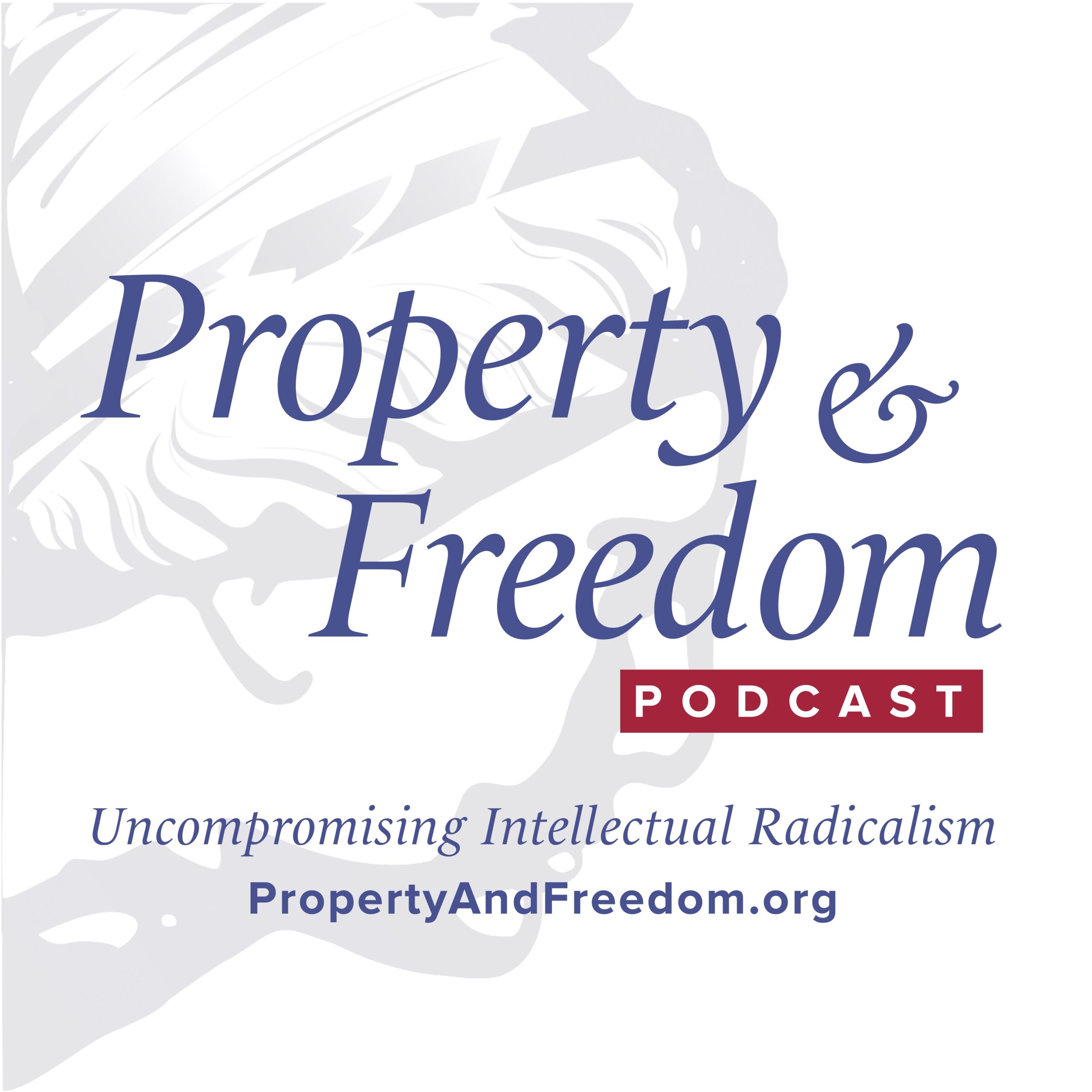


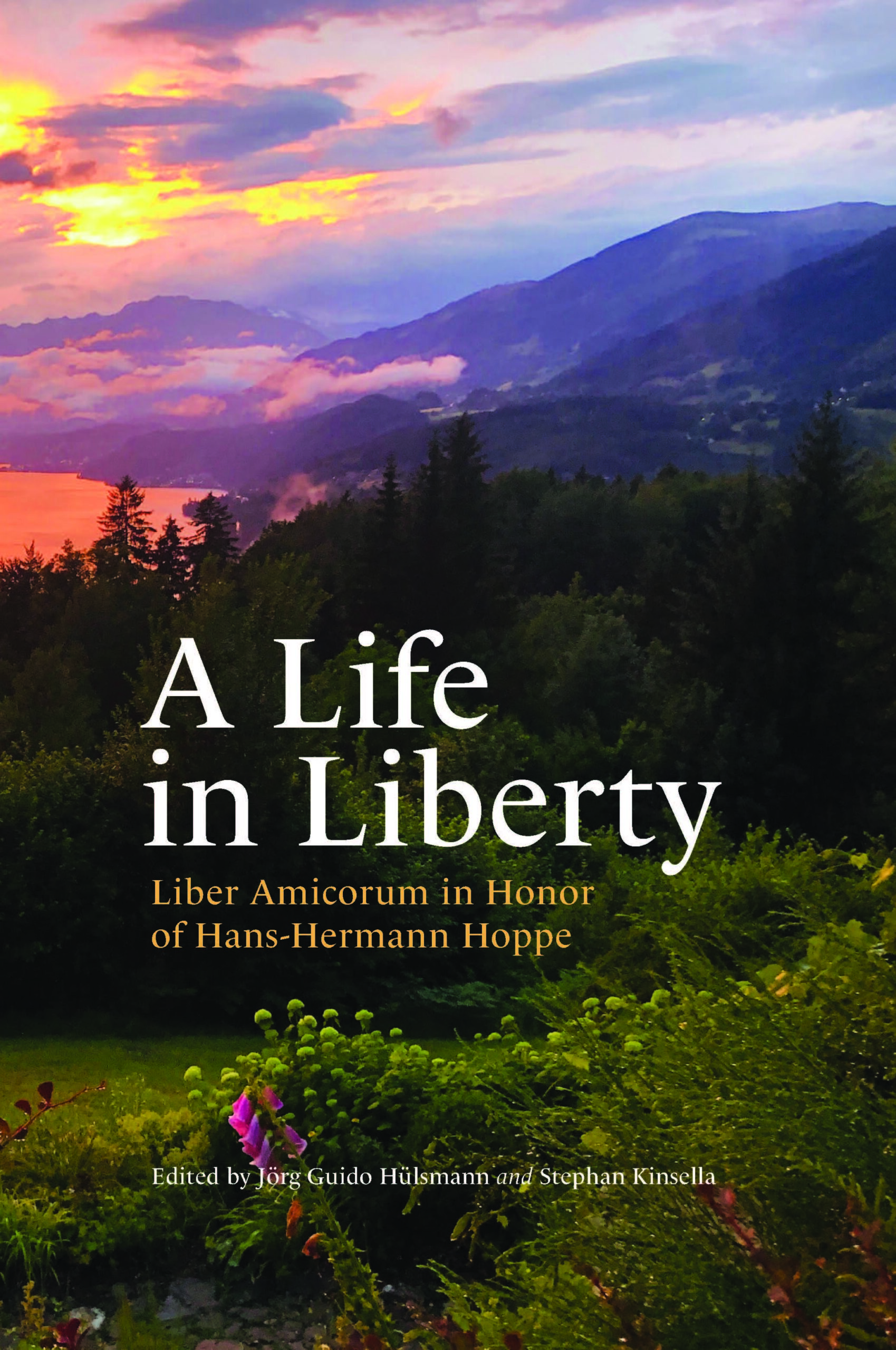
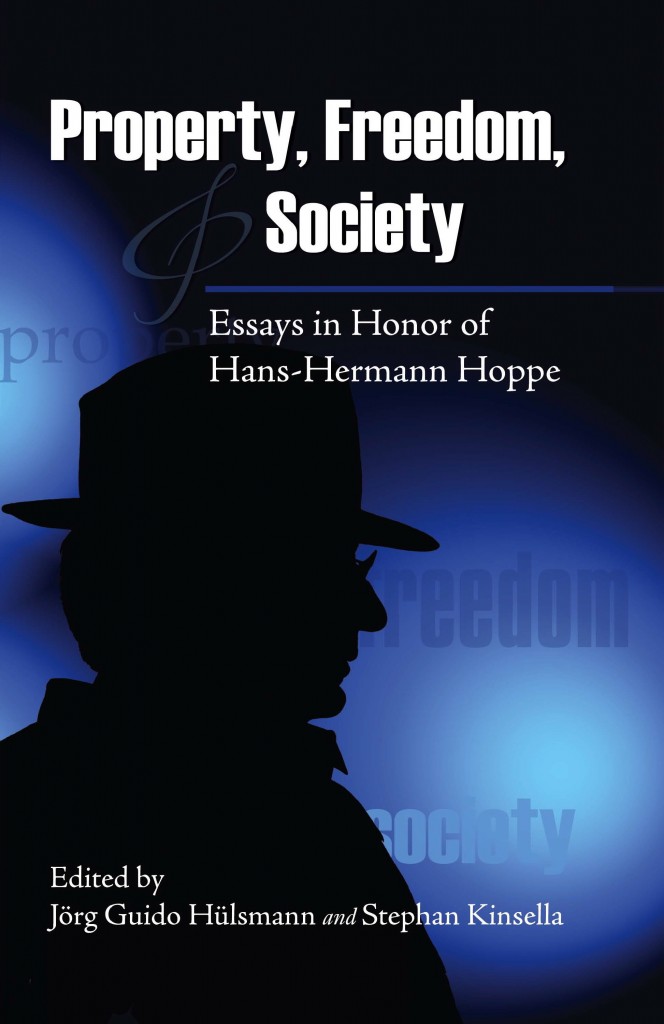
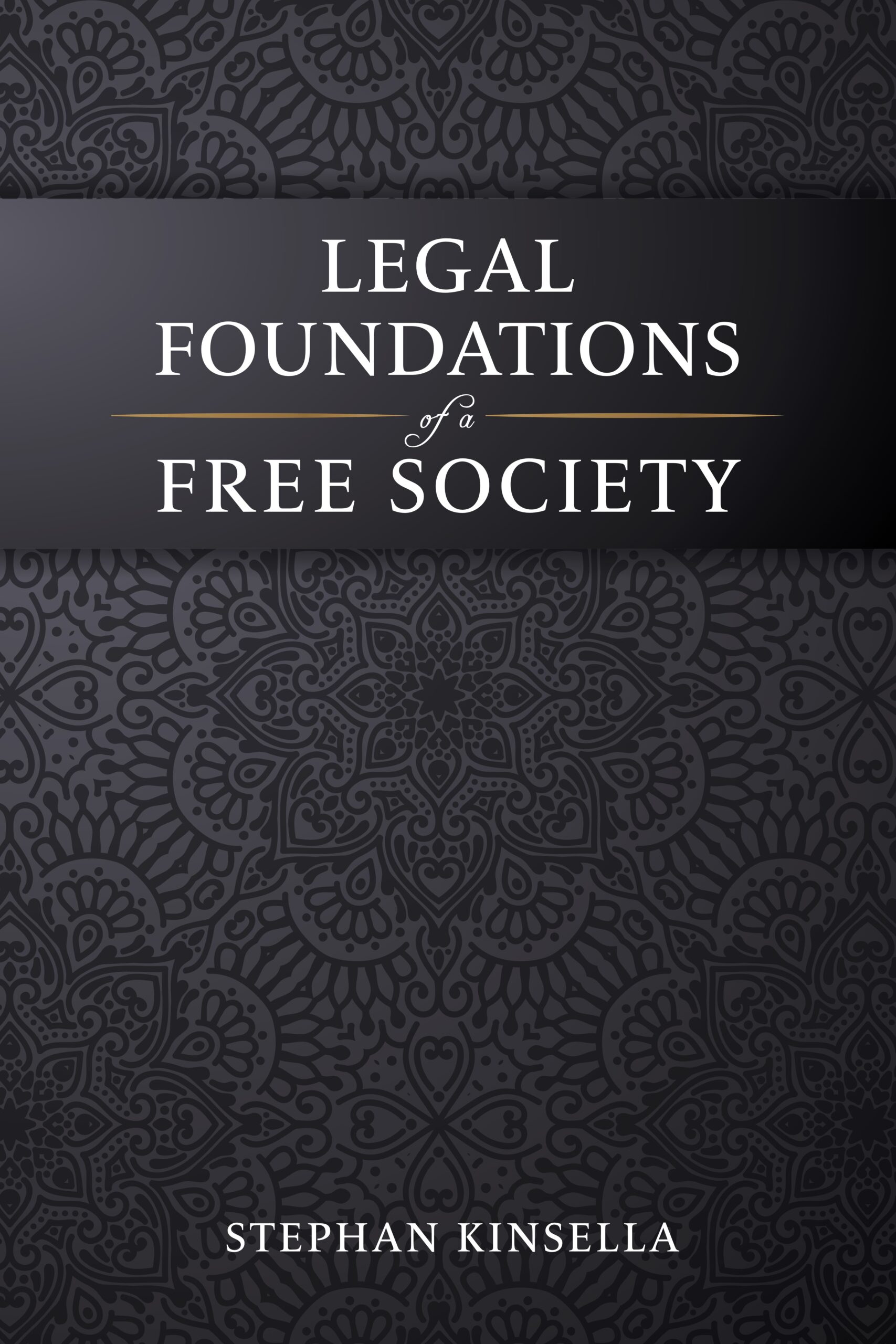
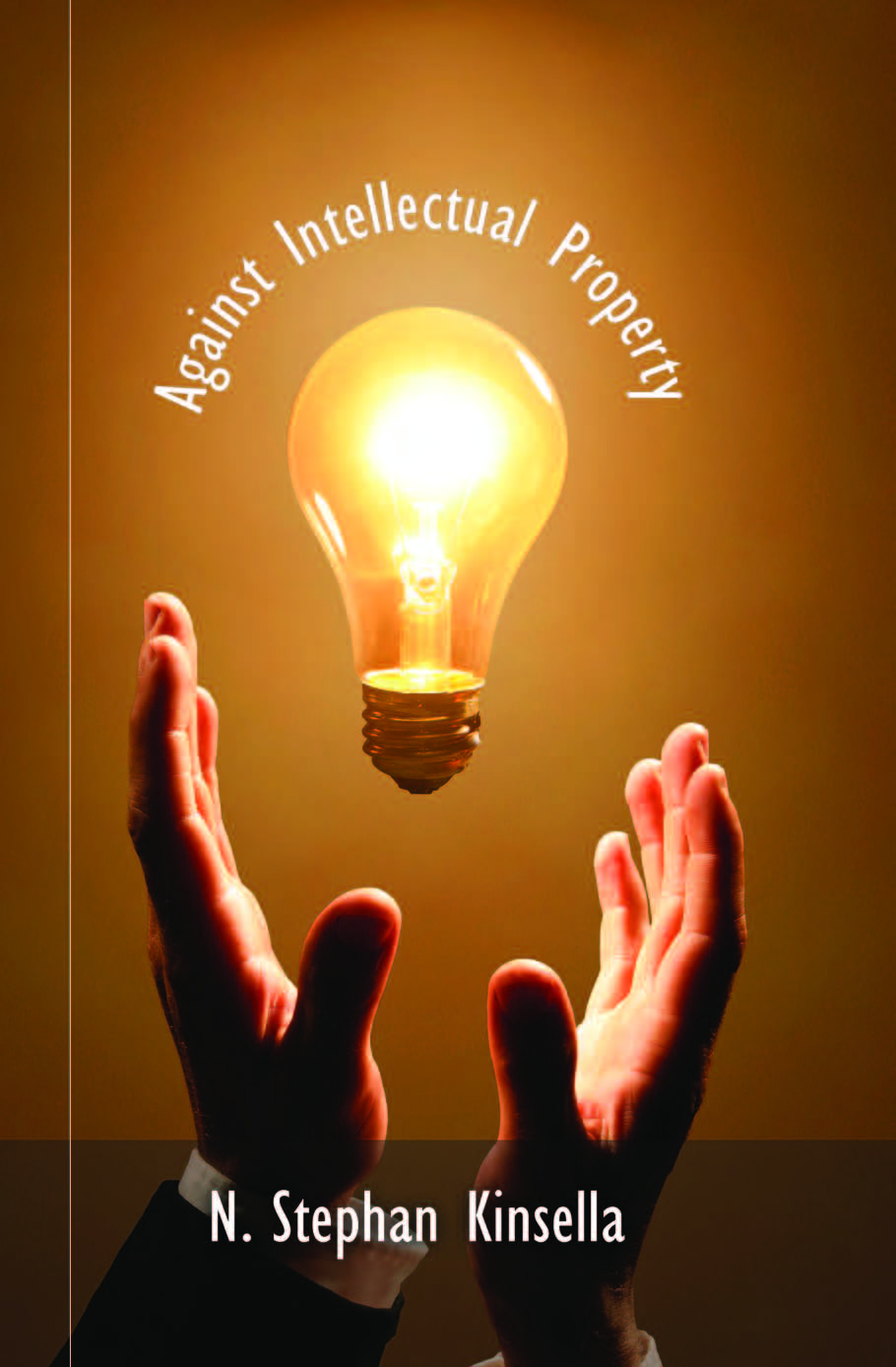
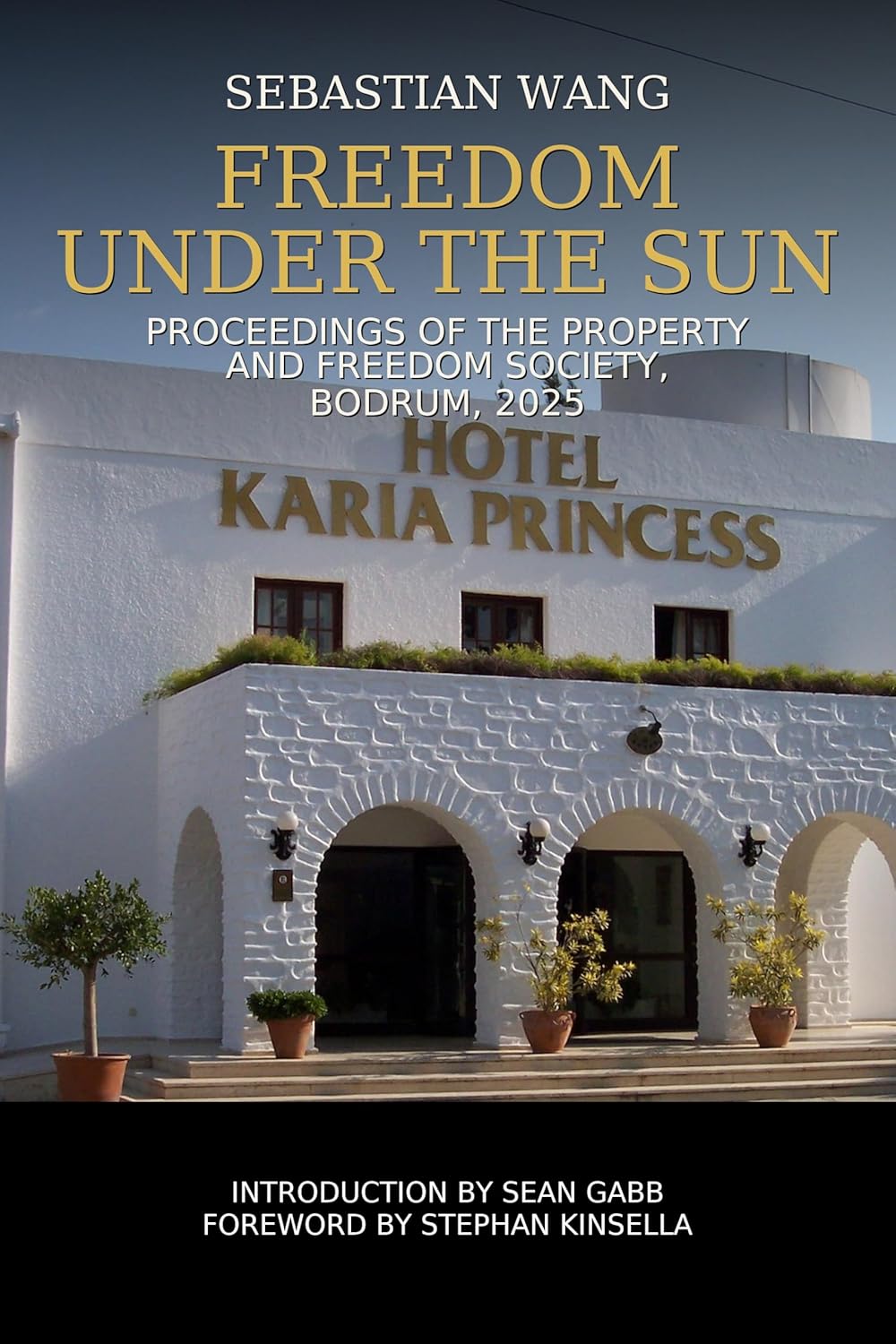
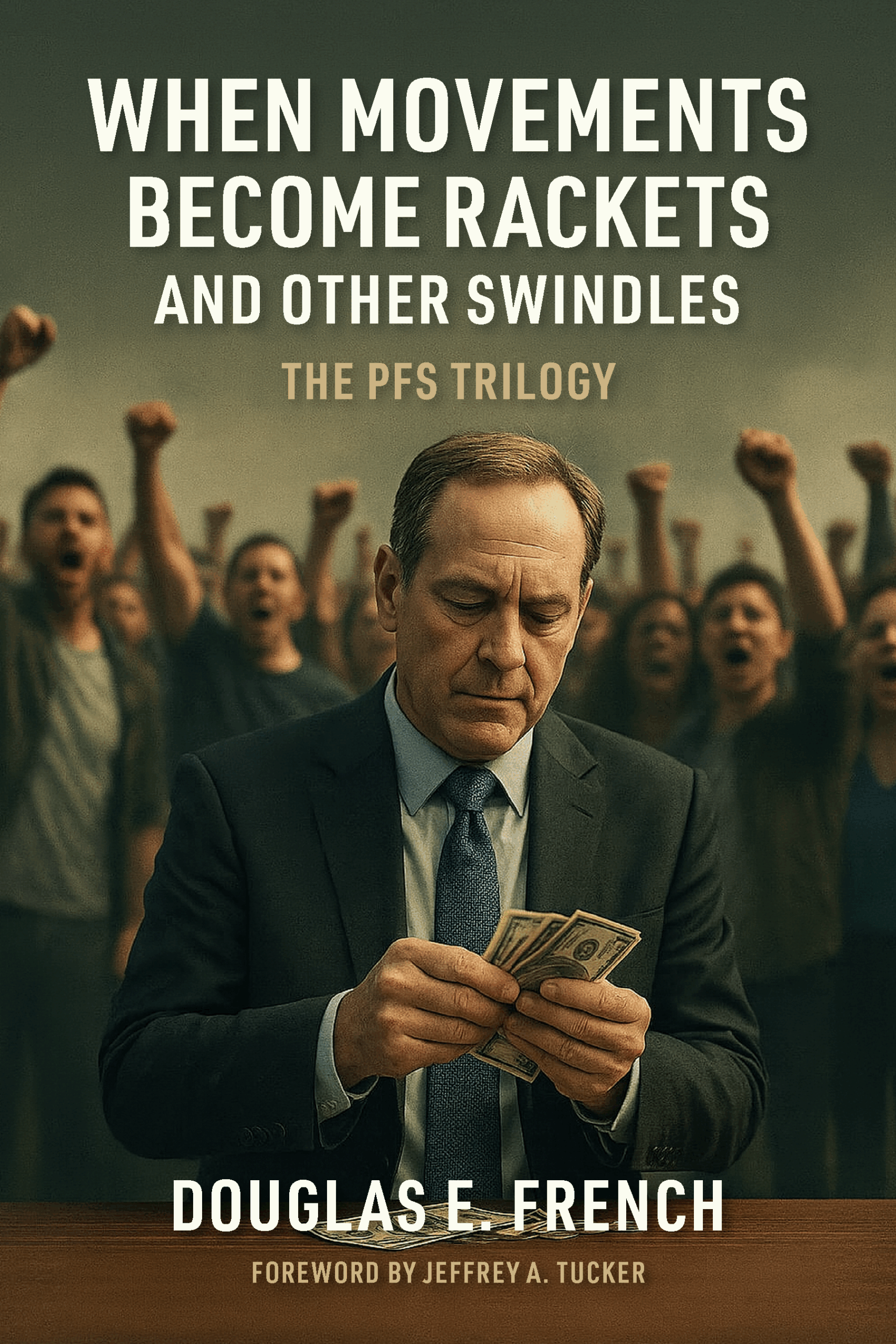


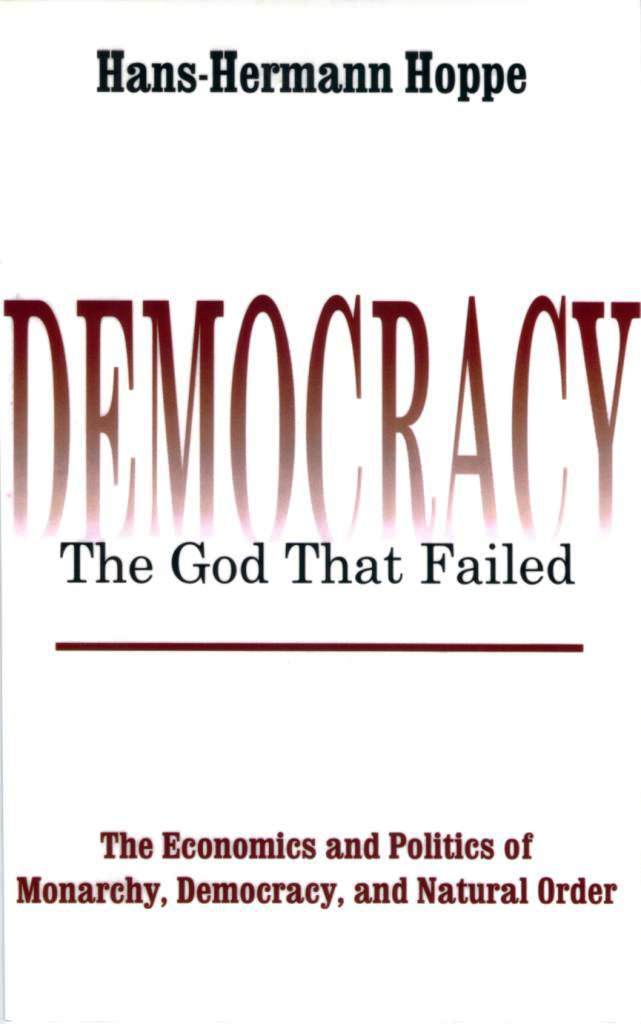


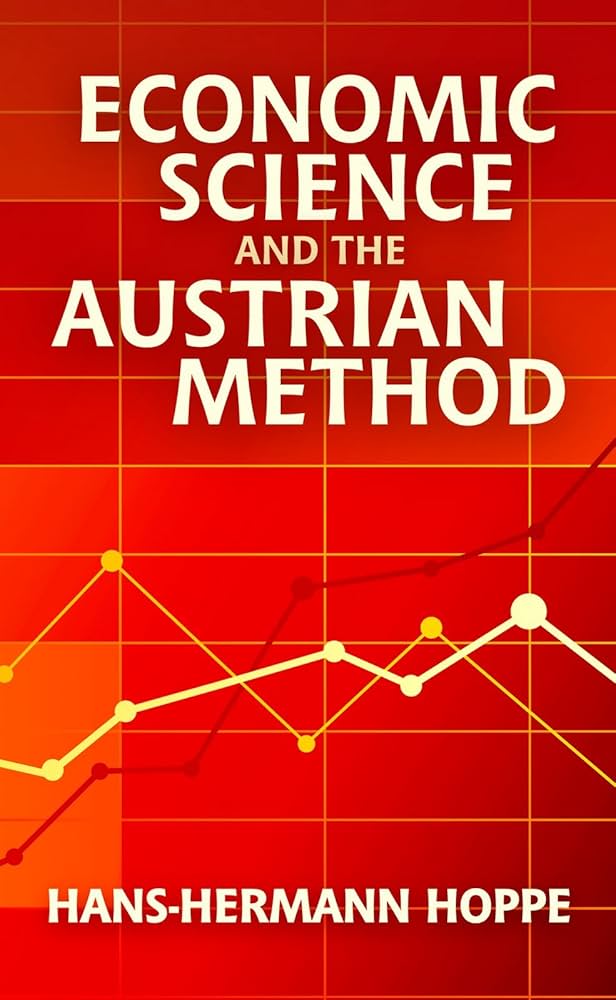
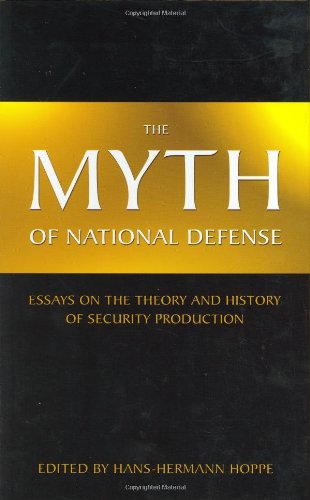
You must log in to post a comment. Log in now.